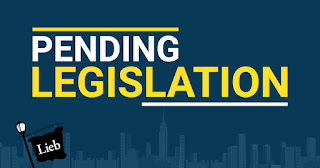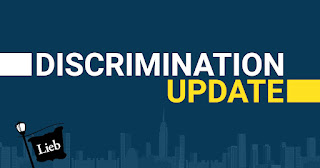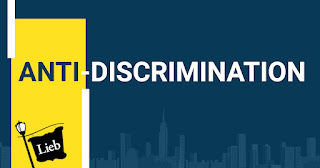Key Features of the Bill:
- Restroom Access for Utility Workers: Public utility employees can use employee restroom facilities in businesses during work hours.
- Conditions for Access: Access is allowed when the worker is on duty, with at least two employees of the business present, and when it doesn't pose safety or security risks.
- Compliance and Penalties: Businesses must comply or face a fine of up to $500 per violation, but are not liable for injuries to utility workers using their facilities.
This bill recognizes the essential services provided by utility workers, addressing a basic need for restroom access during their duties. It balances the needs of these workers with the practical and safety concerns of businesses. A06978 is a step towards respecting the dignity and rights of utility workers in New York.

















